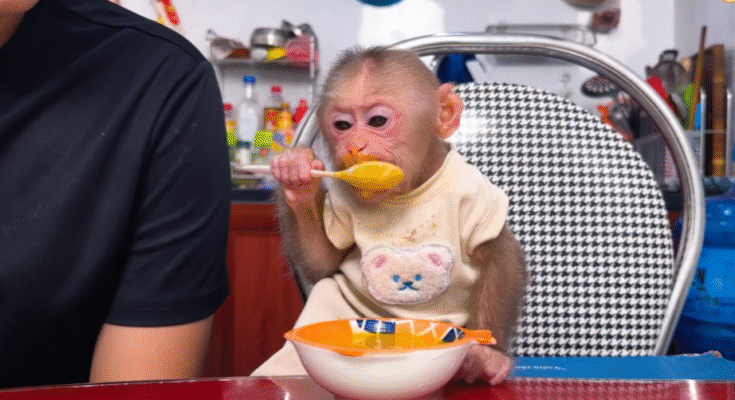
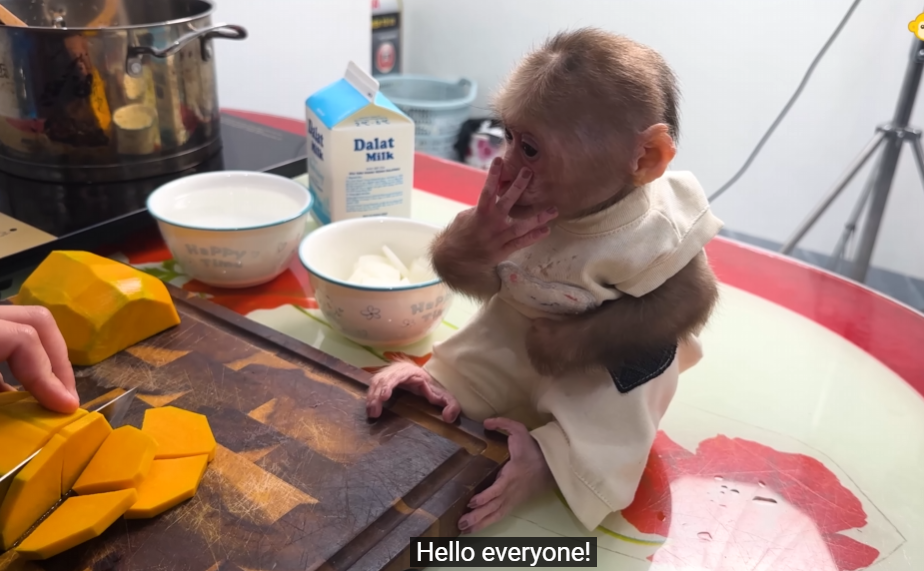
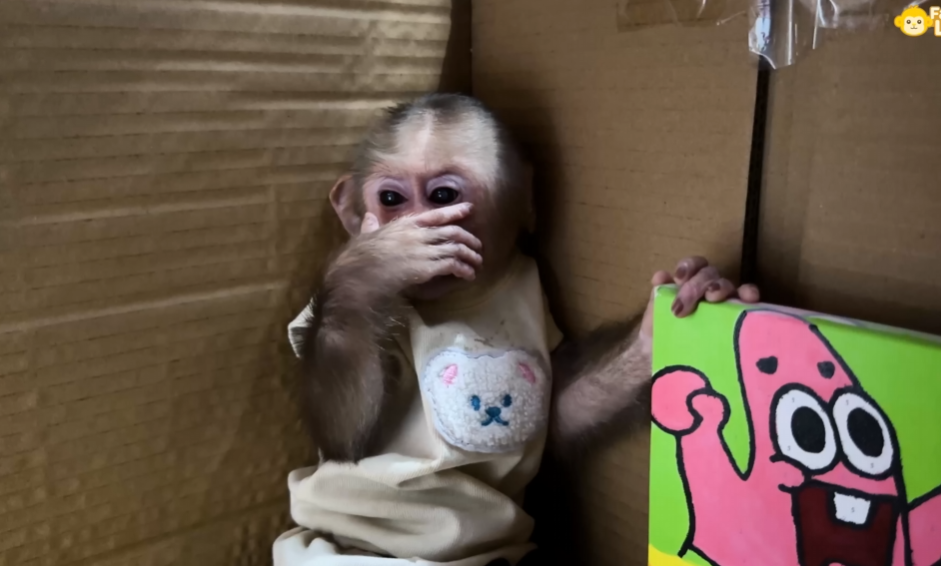

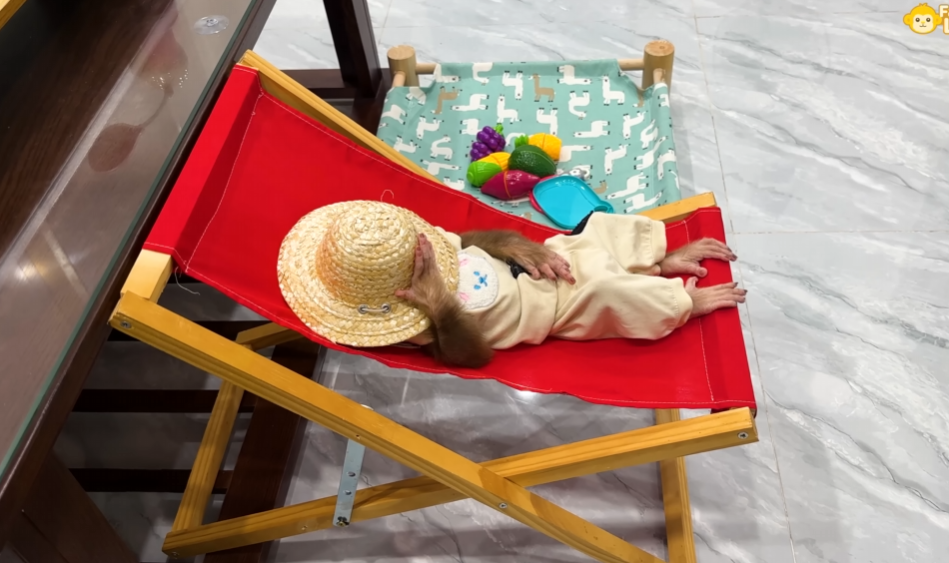
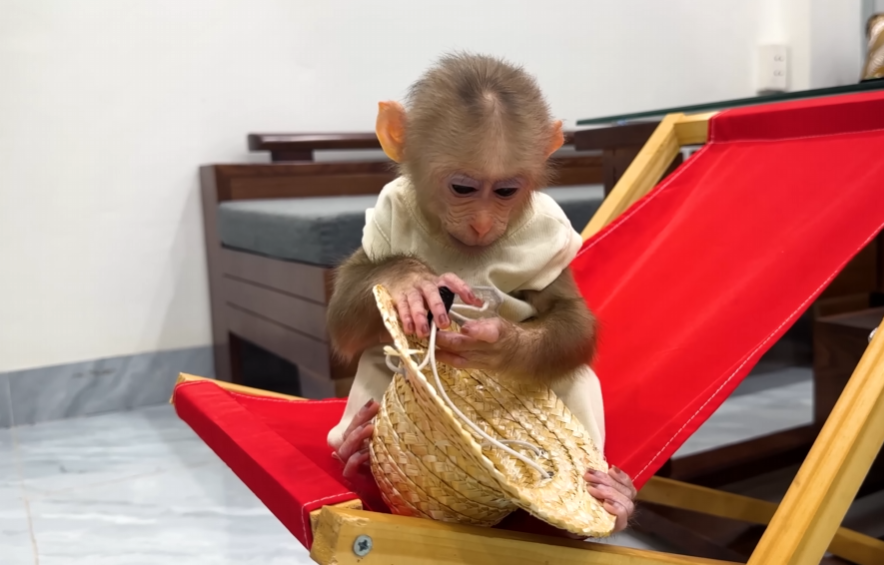
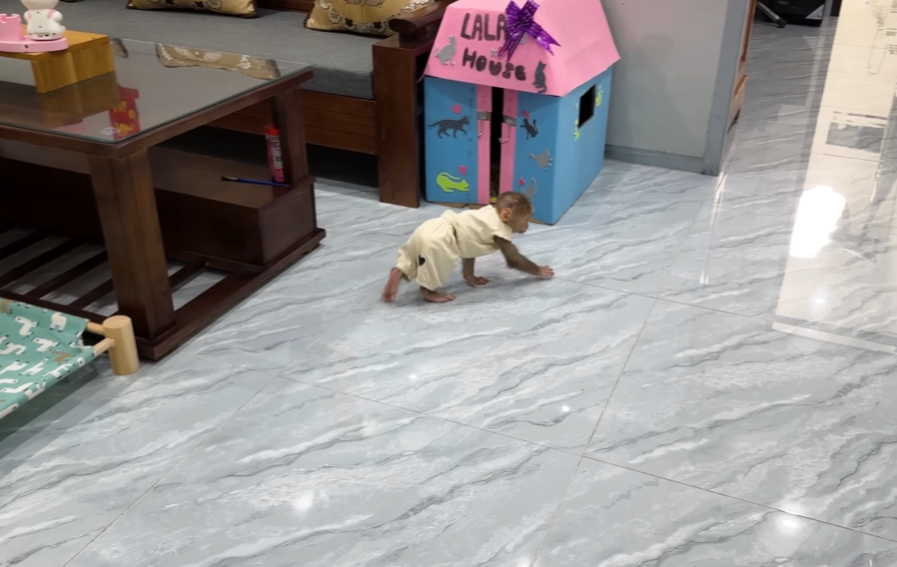
The afternoon sun spilled into the little kitchen where the smell of freshly cooked rice, stir-fried vegetables, and a warm bowl of fish soup drifted through the air. It was a comforting aroma, one that usually meant family time was near. Mom hummed softly as she set the bowls on the table, carefully arranging each dish with love. Cooking for her family was one of her favorite ways to show care, even when she was tired from work.
“Lala, dinner’s ready!” Mom called cheerfully, wiping her hands on her apron.
From the other room, footsteps dragged slowly across the floor. Lala appeared, her small face wrinkled in a pout. Her dark eyes, usually so full of sparkle, looked dull with irritation. She glanced at the food on the table and immediately crossed her arms over her chest.
“I don’t want this,” Lala muttered, her voice sharp with defiance.
Mom blinked in surprise. “What do you mean, sweetie? This is your favorite fish soup. And look, I even made the vegetable rolls you asked for last week.”
But Lala only wrinkled her nose. “I don’t like it anymore. It smells funny. Why don’t you ever cook something good?”
The words stung more than a splash of hot oil. Mom felt her heart sink. She had rushed home from work, hurried through the market to buy fresh fish, and carefully prepared each dish. All that effort—met with her daughter’s frown.
“Lala,” Mom said gently, “you don’t need to talk like that. I worked hard to cook this meal for you.”
But instead of softening, Lala pushed the chair back with a screech. “I don’t care. I don’t want to eat it!” She stomped away, leaving Mom staring at the half-set table, the food steaming in silence.
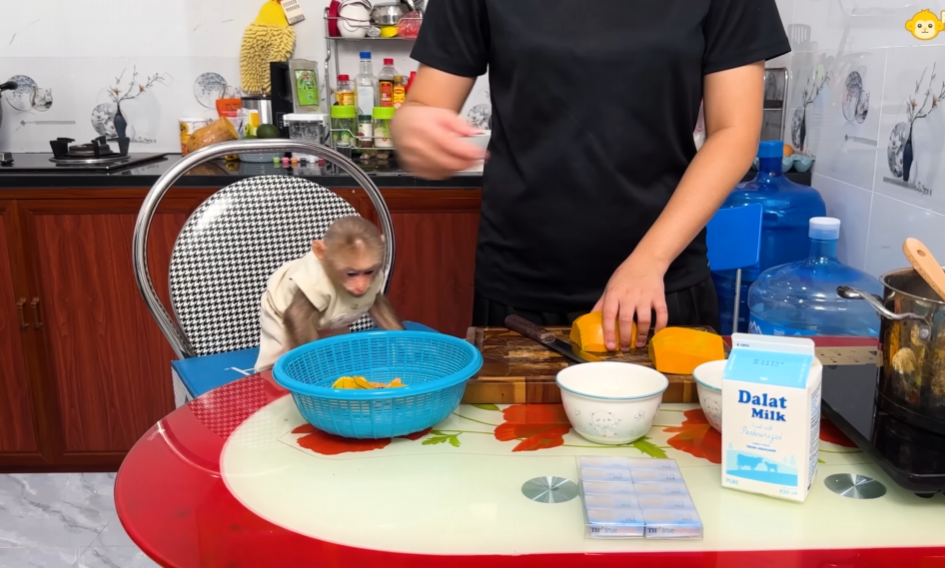
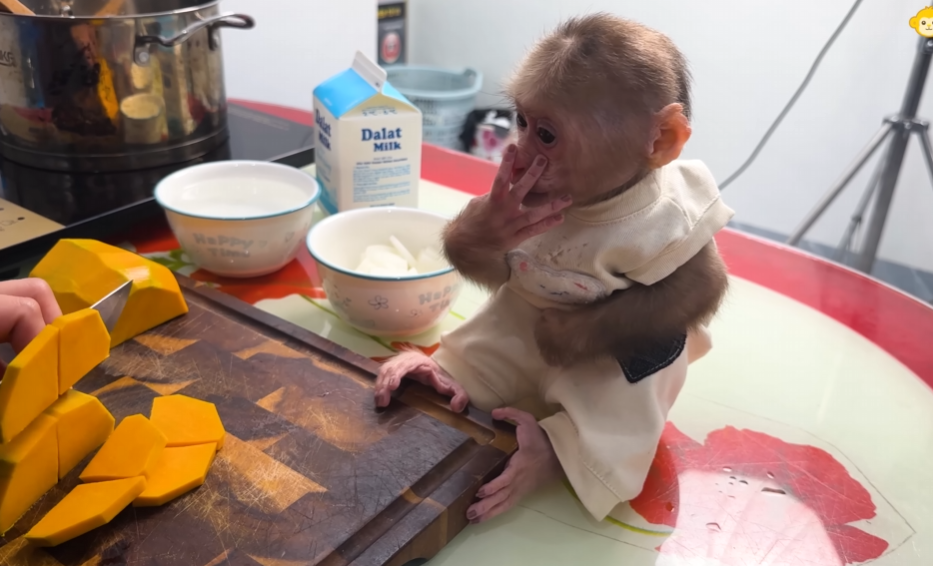
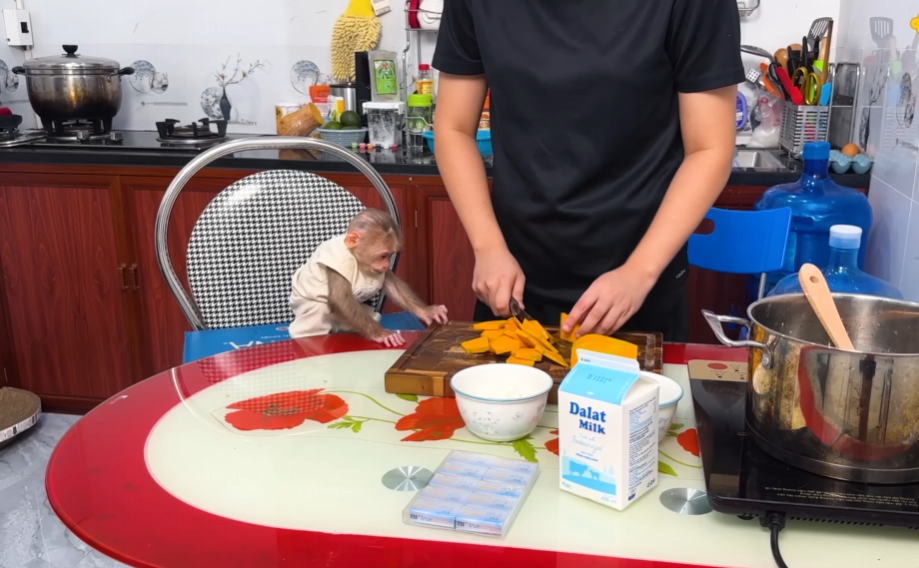
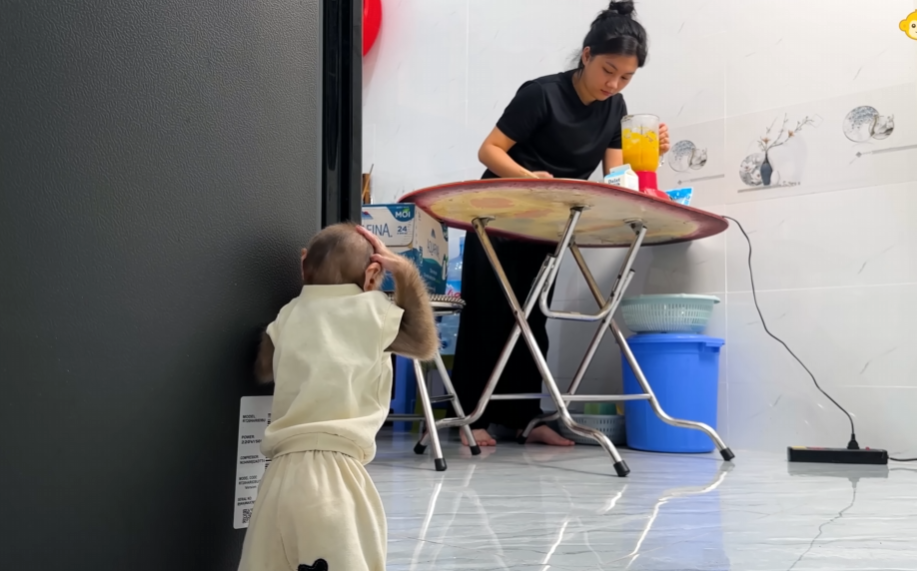
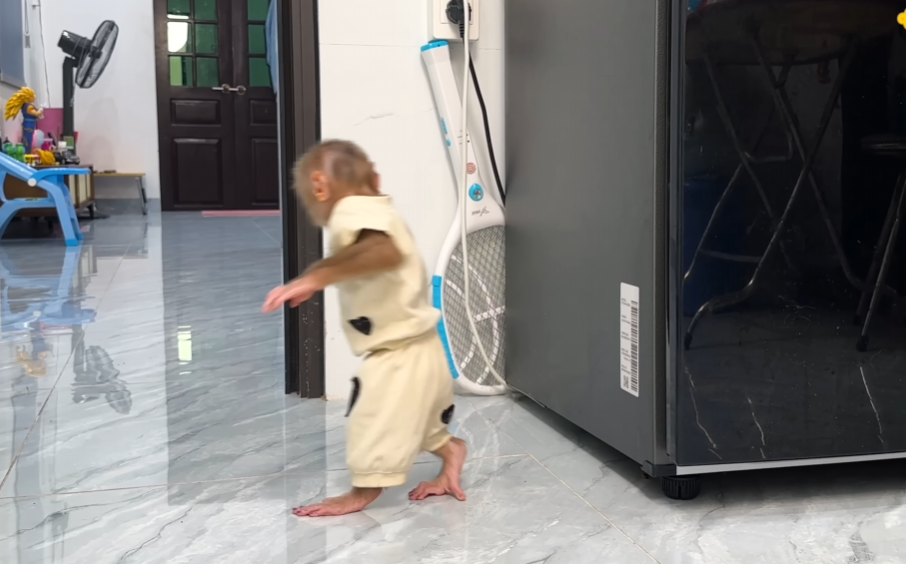
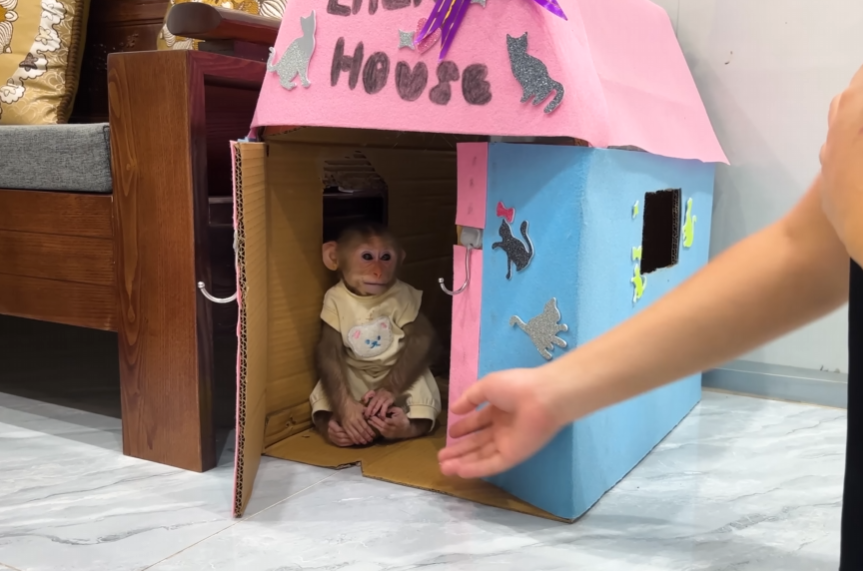
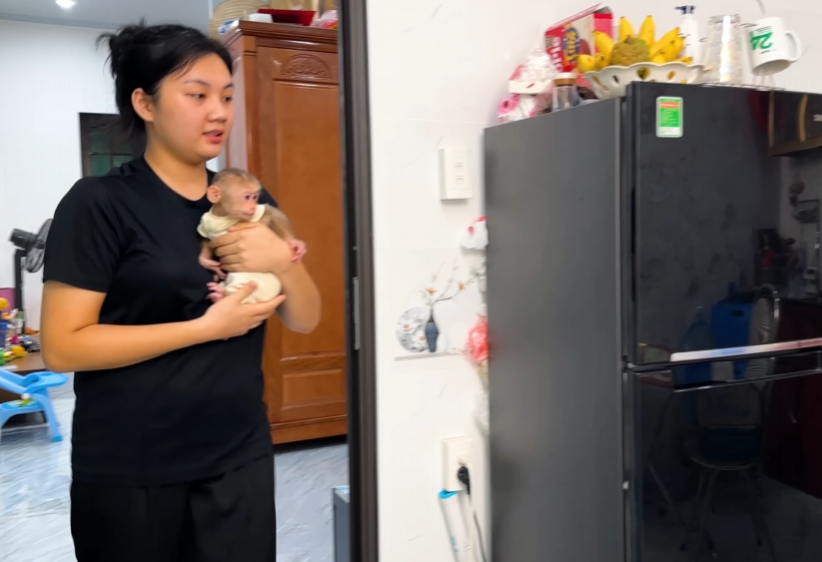
In her room, Lala threw herself onto the bed. She wasn’t truly hungry—she had been snacking earlier—but deep down, her unpleasant attitude came from something else entirely. At school, she had seen her friends eating colorful lunchboxes: fried chicken, noodles covered in sauce, even shiny packaged snacks. They had laughed and compared bites, while Lala’s simple rice and soup looked plain in comparison.
“Why can’t Mom make food like that?” she mumbled into her pillow.
Her frustration grew, mixing with guilt she didn’t want to admit. She knew Mom always tried her best, but at that moment, all Lala could see was what she didn’t have.
Mom, meanwhile, sat quietly at the table. She looked at the untouched plates, the little bowls still full. She sighed. Being a parent was hard—there were days when love felt unnoticed, when patience was tested by childish moods. But she also knew that every attitude had a reason.
Instead of scolding, Mom decided to wait. She carefully packed the food into containers so it wouldn’t spoil, then sat down with her own bowl of rice. The house felt unusually quiet without Lala’s chatter.
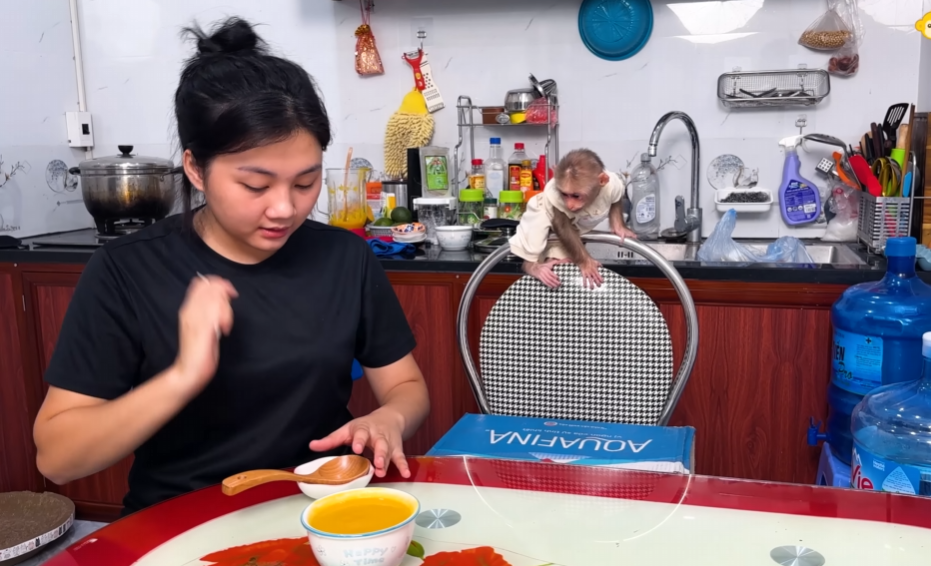
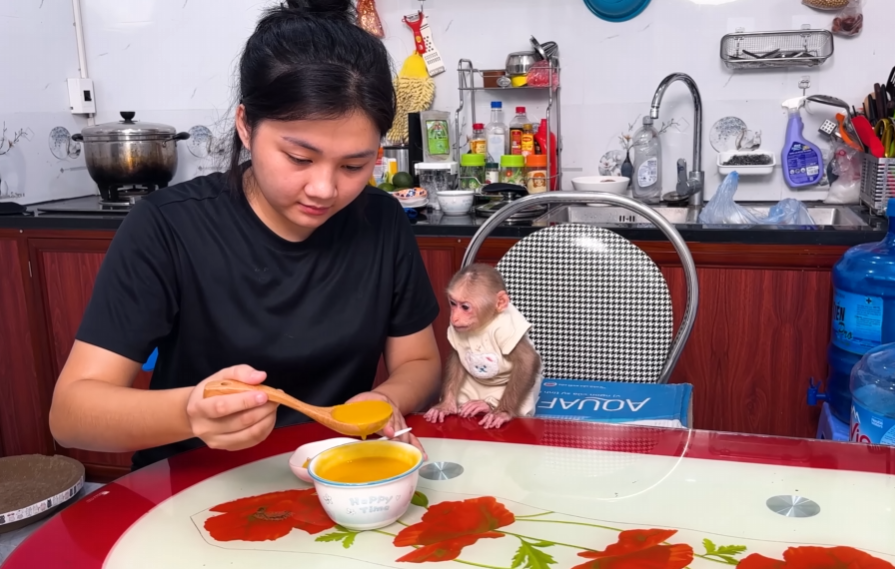
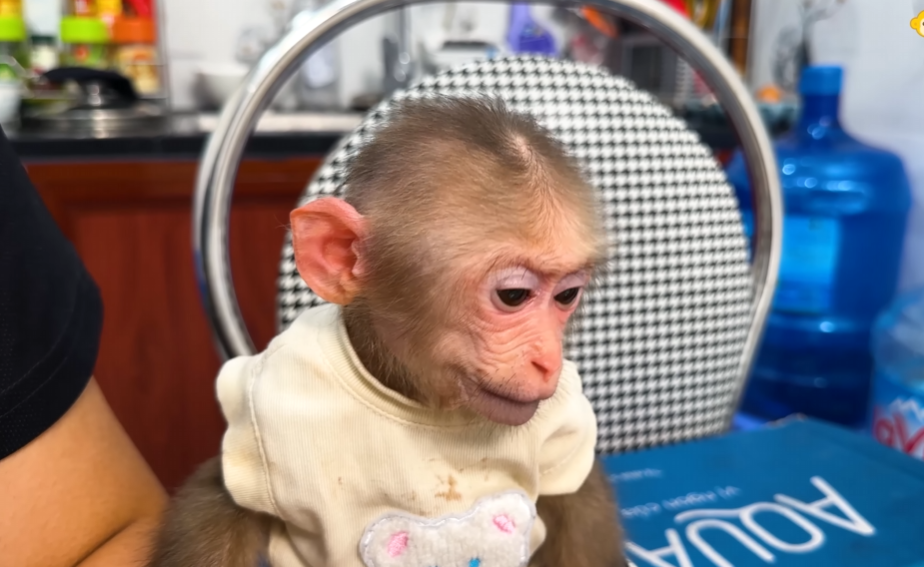
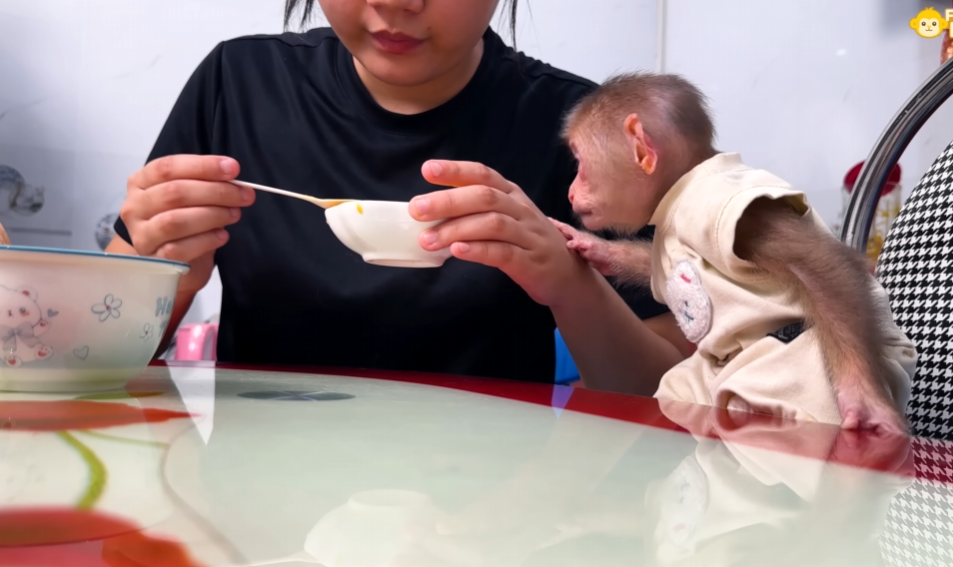
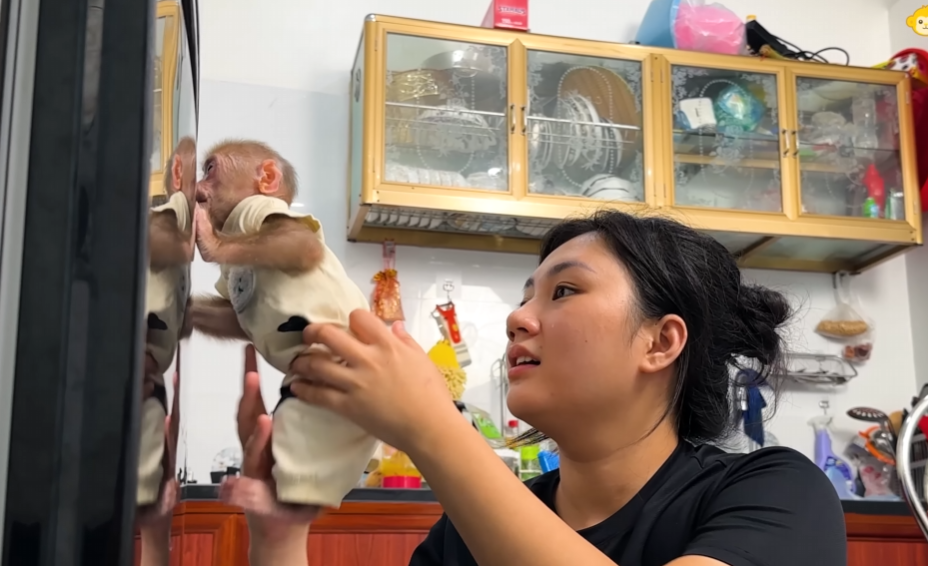
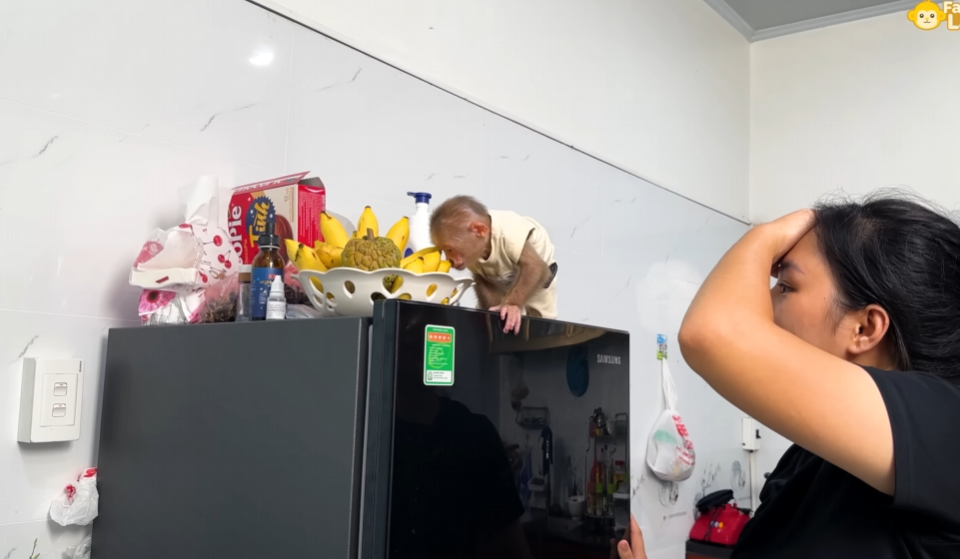
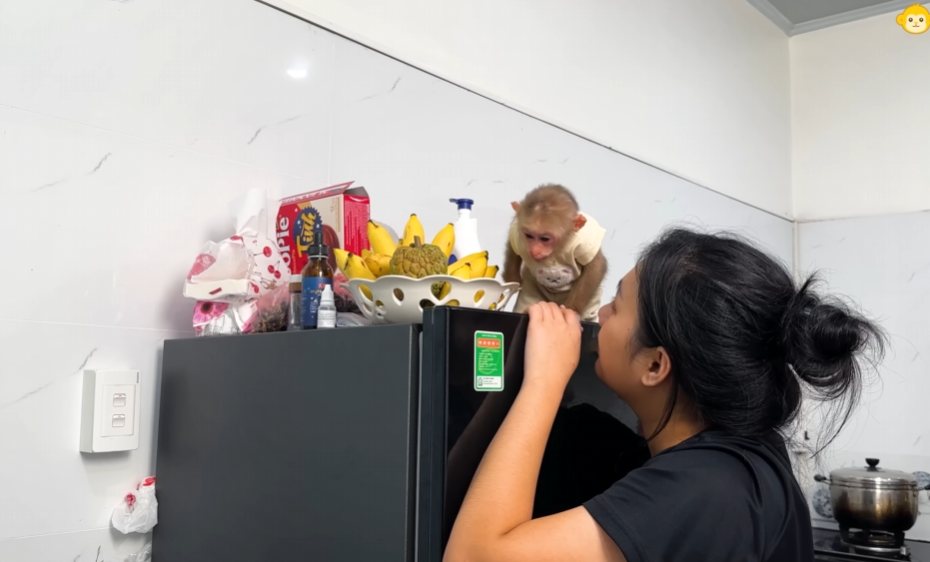
Later that evening, Lala peeked out of her room. She smelled the food again, softer now but still present. Her stomach gave a little growl, reminding her that snacks never filled her as much as Mom’s cooking did. She saw Mom sitting on the couch, reading a book, her face calm but a little sad.
Lala hesitated. A part of her wanted to keep being stubborn, but another part felt a tug of guilt. She shuffled over and sat down quietly.
“Mom?” she said, her voice small.
“Yes, Lala?”
“I… I didn’t mean to be mean earlier,” she whispered.
Mom closed the book and looked at her daughter, her expression gentle. “I know you didn’t mean it, but words can still hurt, Lala. When you said my food wasn’t good, it made me sad. I cook for you because I love you.”
Lala’s eyes filled with tears. “I’m sorry. I just… I saw my friends eating different food at school, and I thought what you made was boring.”
Mom smiled softly. “Ah, I see. You felt left out.” She reached over to stroke Lala’s hair. “But do you know something? The food I cook for you is healthy, fresh, and full of care. Those packaged snacks might look exciting, but they don’t give your body the strength it needs.”
Lala sniffled. “So you make food to keep me strong?”
“Yes,” Mom said warmly. “Strong, healthy, and loved. Every stir of the soup, every grain of rice—I think about you. That’s something no fancy packaging can replace.”
Silence lingered for a moment before Lala suddenly hugged Mom tightly. “I’m really sorry, Mom. I shouldn’t have said those things.”
Mom kissed her forehead. “I forgive you, my little one. We all have moments when we don’t appreciate what we have. The important thing is that we learn from them.”
“Can I… can I eat now?” Lala asked shyly.
Mom chuckled. “Of course. Let’s warm it up together.”
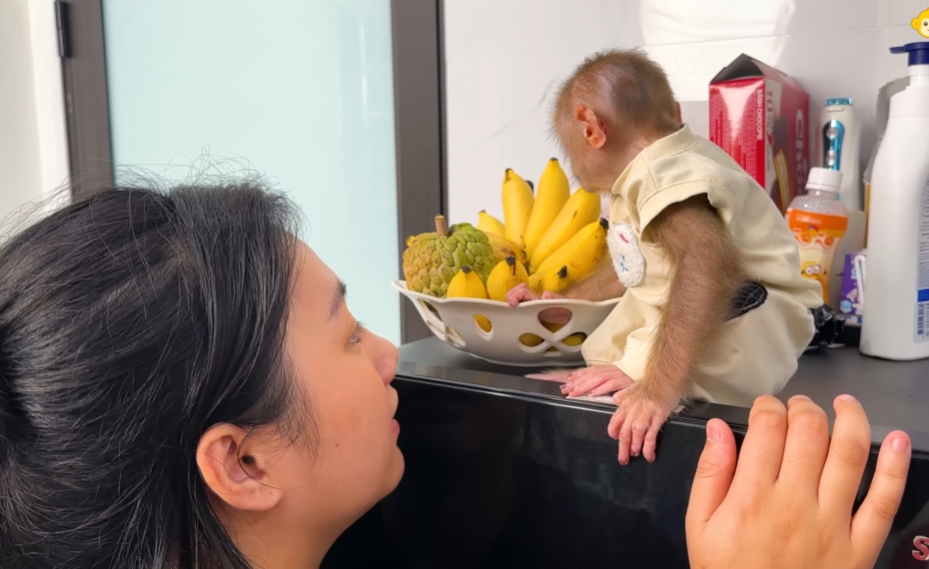
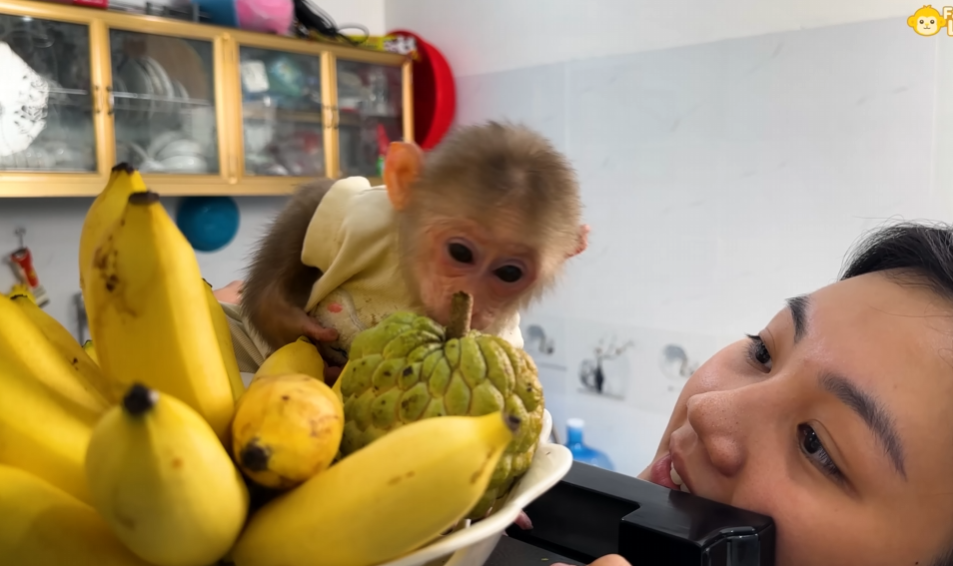
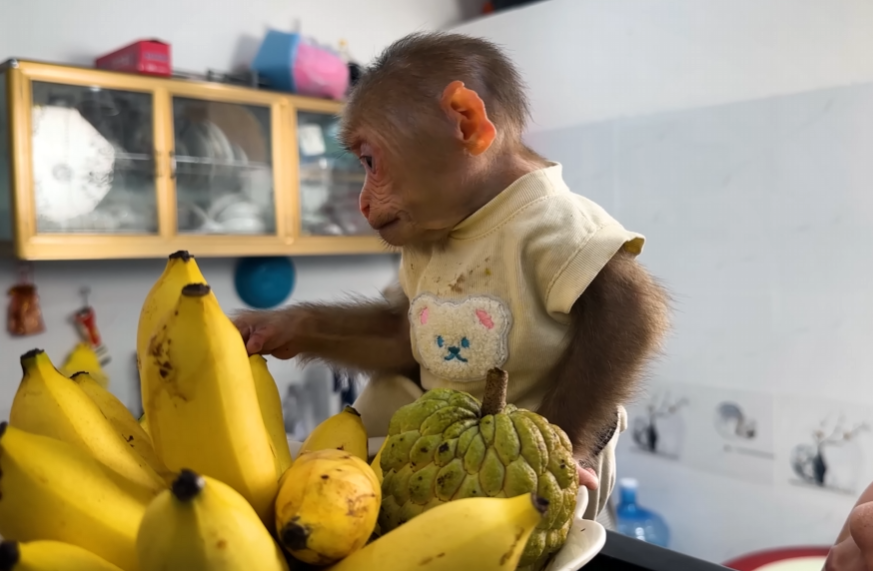
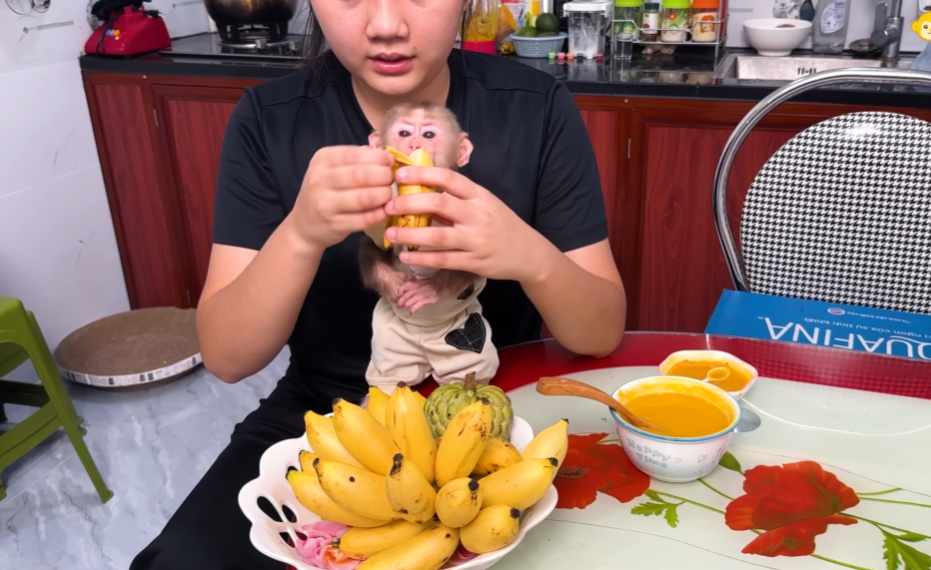
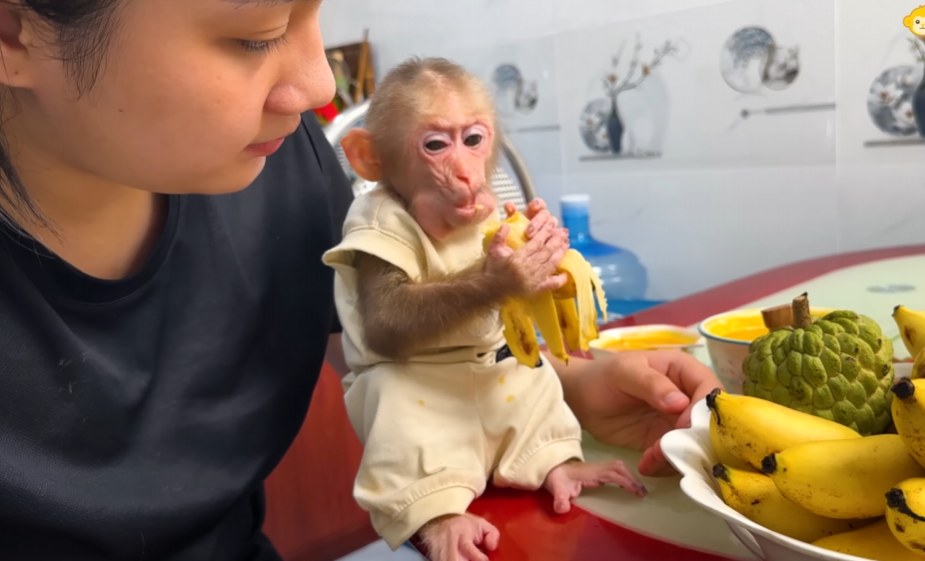
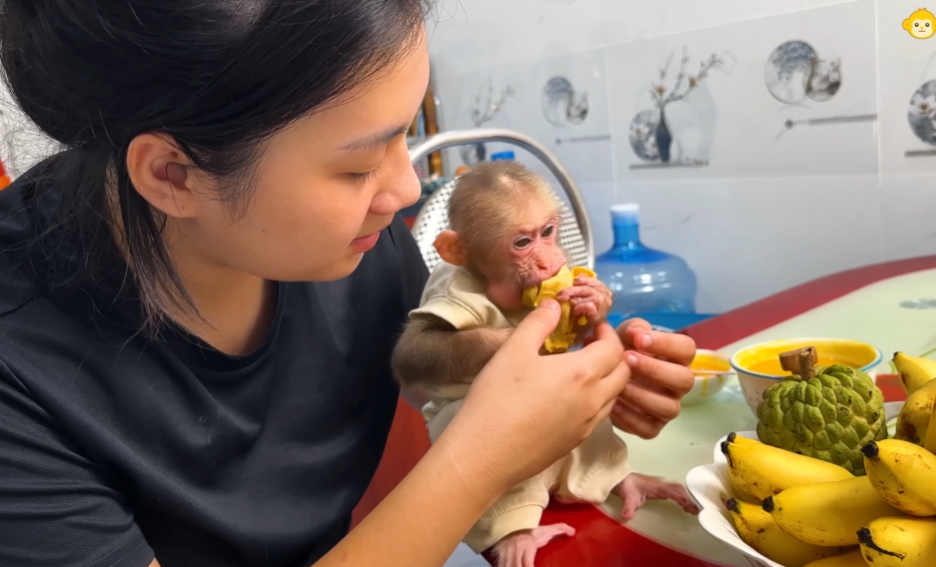
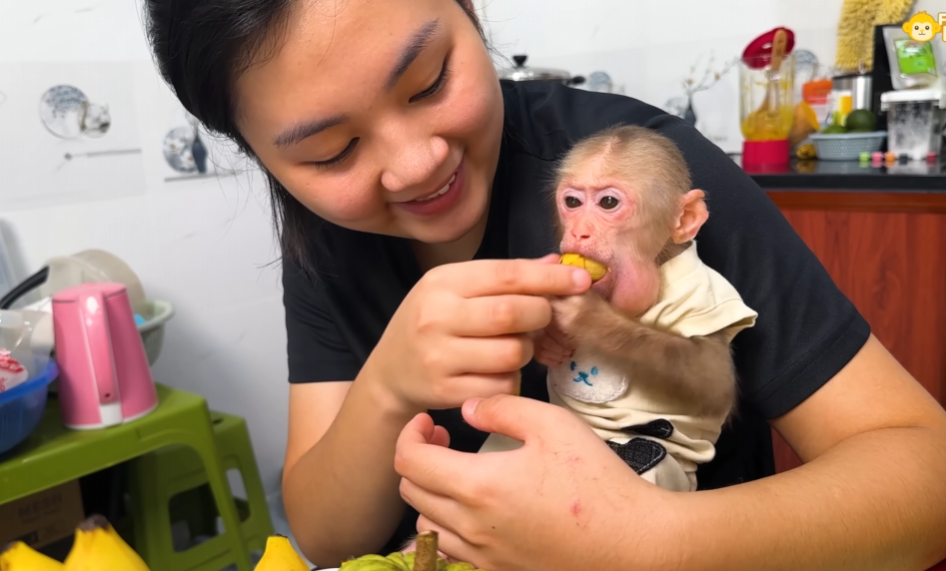
Back in the kitchen, they reheated the food. The steam rose again, carrying the comforting smell through the air. This time, Lala looked at the dishes differently. She noticed how neatly the vegetables were rolled, how the soup shimmered with herbs, how the rice was fluffy and soft.
She took a bite, and her eyes widened. “Mmm! It’s actually delicious!”
Mom laughed. “It was delicious earlier too—you just didn’t want to see it.”
Lala giggled, embarrassed but relieved. She ate with more appreciation, savoring each bite. Between spoonfuls, she said, “Next time, maybe we can try cooking together? We can make food that’s healthy and fun.”
“That’s a wonderful idea,” Mom said, smiling.
Over the next few weeks, Lala began to help more in the kitchen. She learned how to wash vegetables, crack eggs, and stir the soup without spilling. Together, she and Mom experimented with new recipes—adding noodles to the soup, shaping rice into little balls, even making colorful fruit desserts.
At school, when her friends compared lunches again, Lala opened her box proudly. Inside were little rice shapes with smiling faces, bright vegetable rolls, and a small slice of homemade cake.
“Wow, Lala! Your lunch looks amazing!” her friends exclaimed.
This time, instead of envy, Lala felt proud. She thought of Mom’s gentle smile and the time they had spent cooking together.
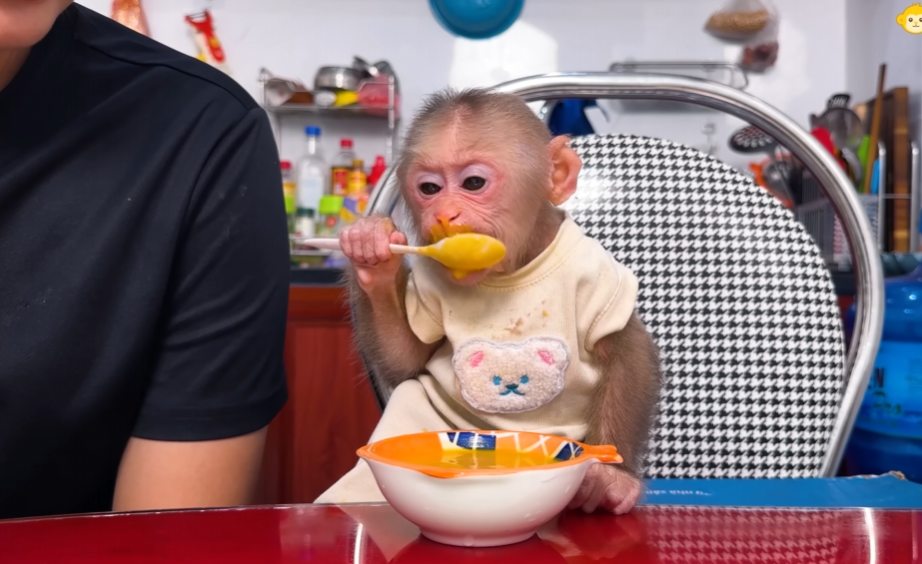
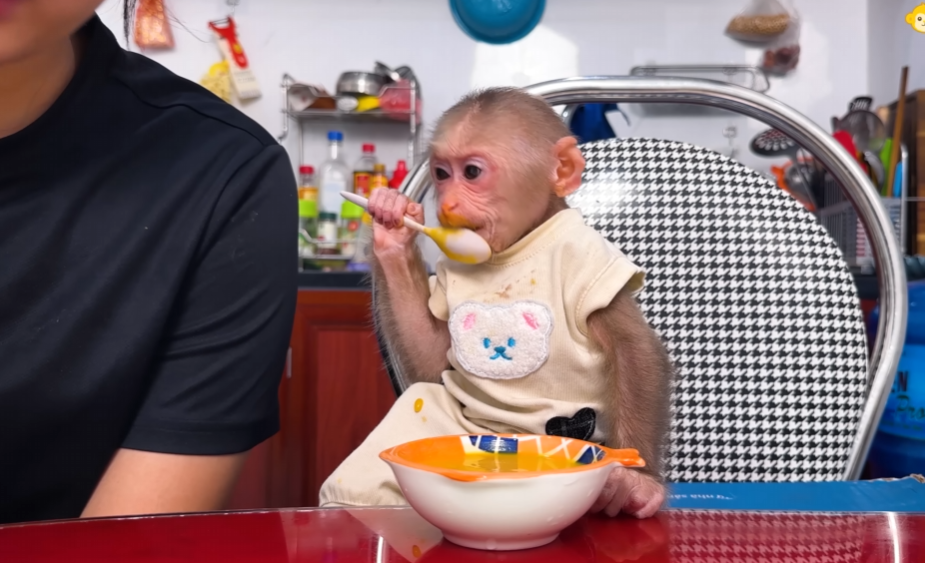
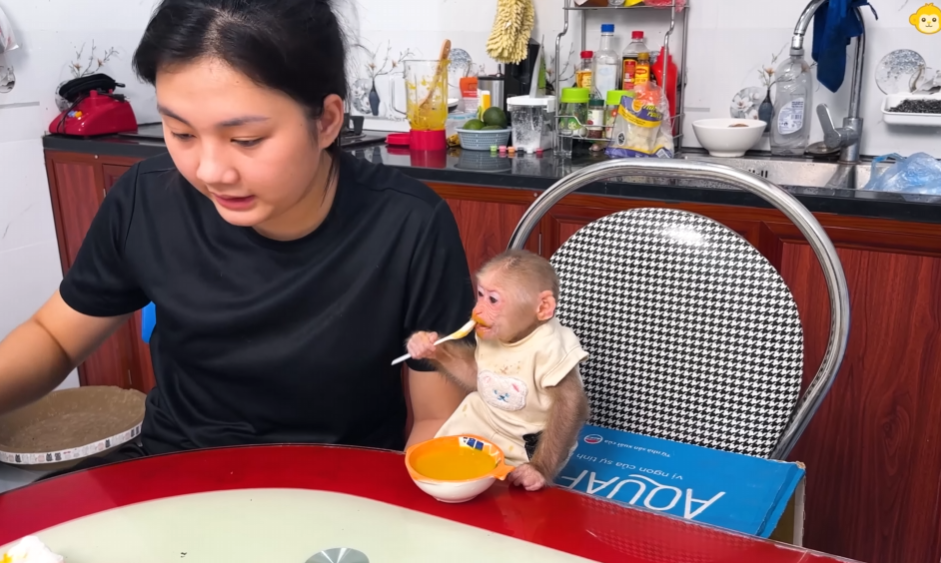
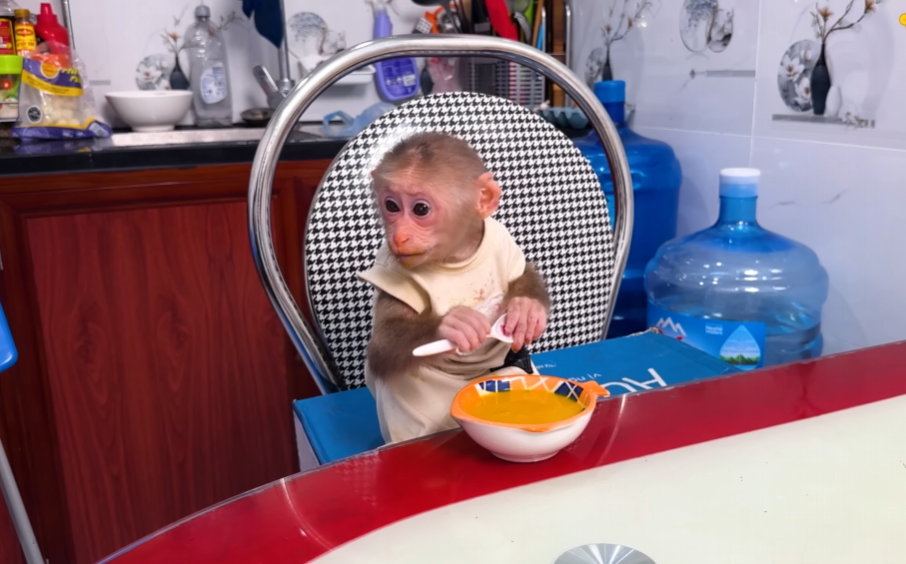
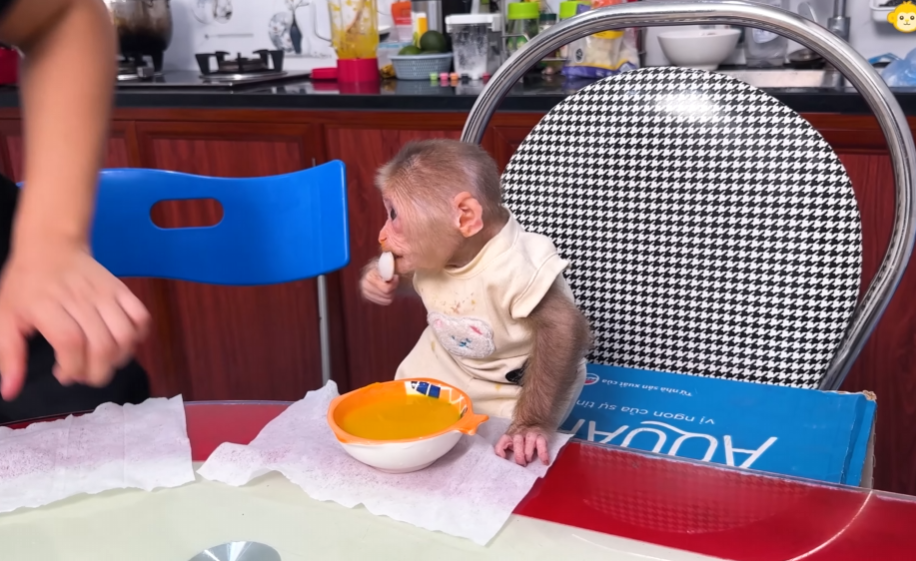
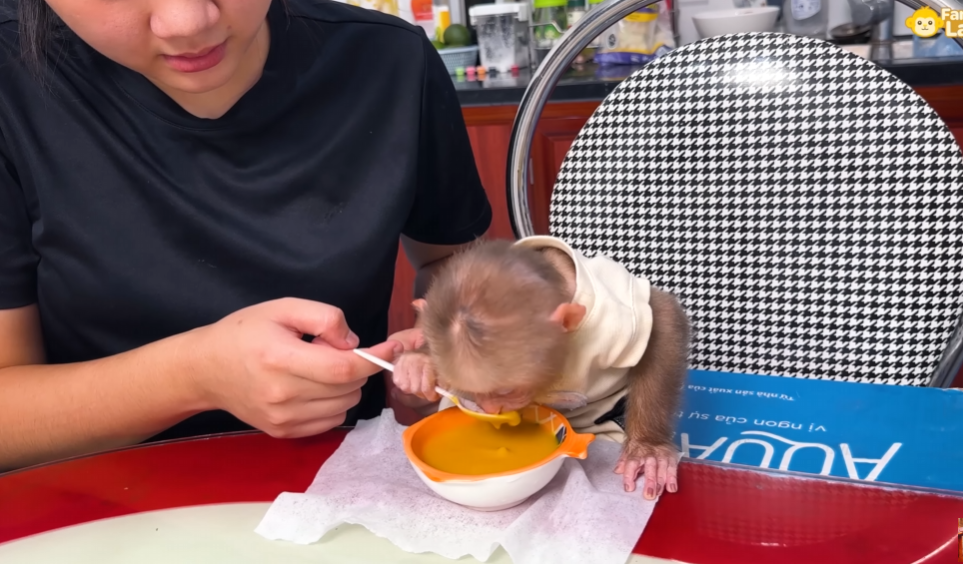
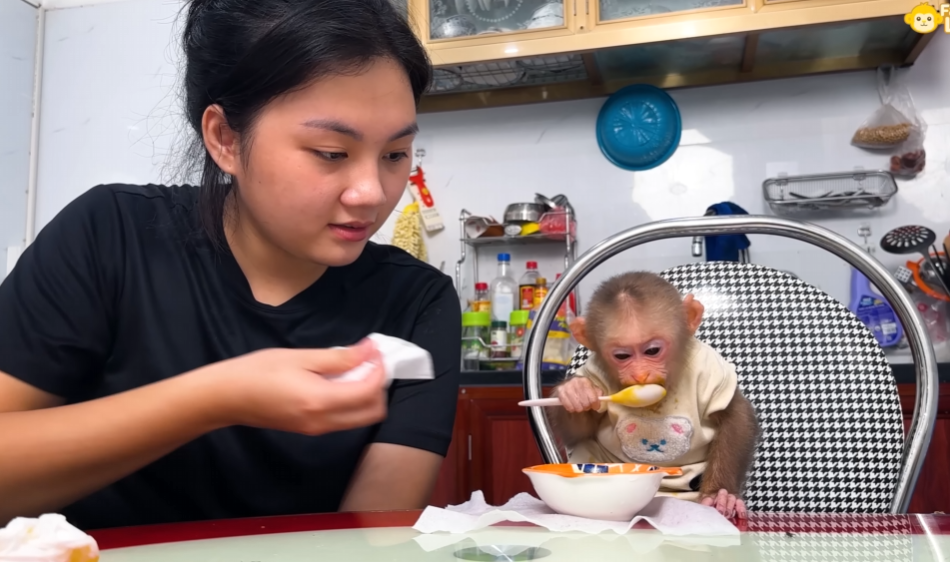
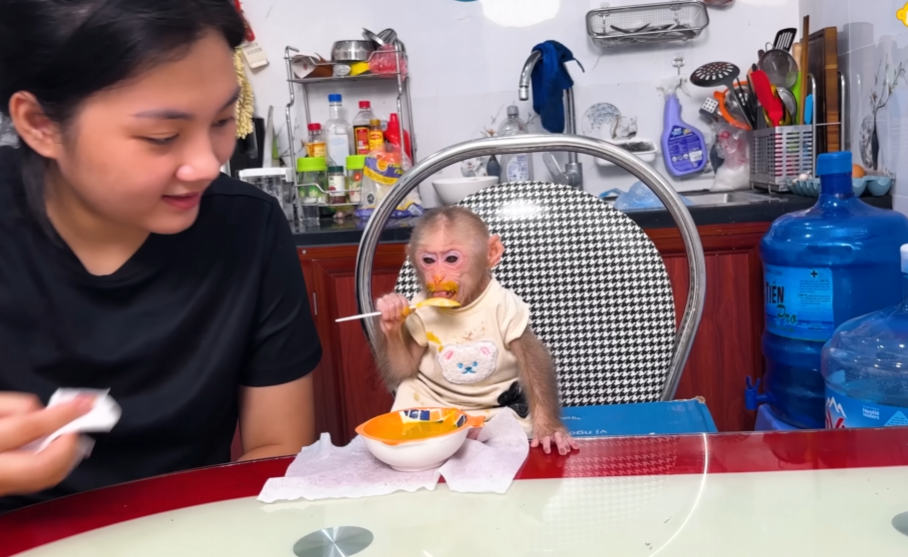
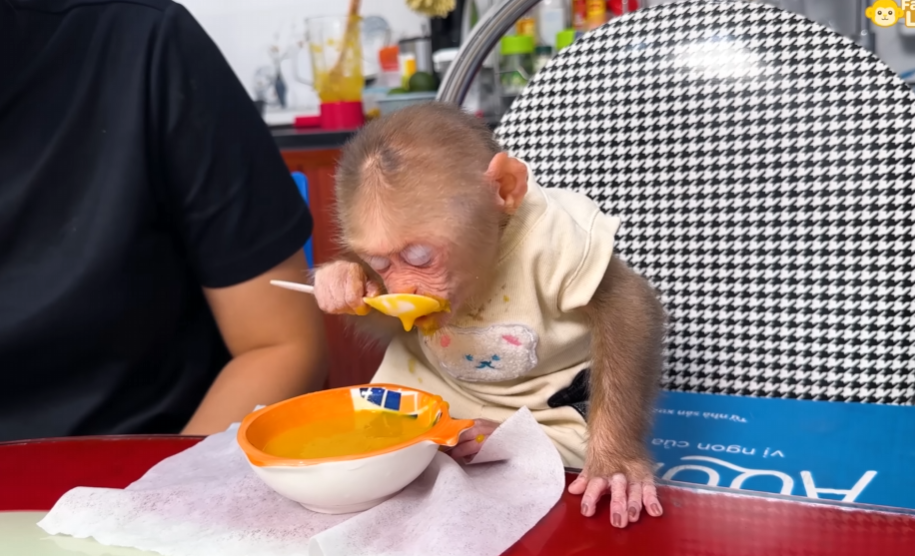
One evening, as they sat at the table again, Lala looked at her mom with shining eyes. “Mom, thank you for always cooking for me. Even when I acted rude, you still loved me.”
Mom’s heart warmed. “That’s what being a mother is, my dear. Love is patient, even when children show unpleasant attitudes.”
Lala nodded seriously. “I promise I’ll try not to complain anymore. But if I ever do… can you remind me of today?”
Mom laughed softly. “I will. And I’ll remind you that food made with love is always the best.”
From then on, meals became more than just eating—they became moments of connection, teamwork, and gratitude. Lala learned not only to appreciate what she had, but also that behind every plate of food was effort, care, and love.
And whenever she smelled the warm scent of fish soup and rice drifting from the kitchen, she no longer wrinkled her nose. Instead, she smiled, remembering the lesson that turned her unpleasant attitude into a story of love and growth.
